Psychology which explains everything explains nothing, and we are still in doubt

Psychology which explains everything explains nothing, and we are still in doubt
Marianne Moore, a renowned American modernist poet, once famously said, "Psychology which explains everything explains nothing, and we are still in doubt." This quote encapsulates the complexity and ambiguity of human behavior and the limitations of psychological explanations in fully understanding the human mind.Moore's statement suggests that while psychology attempts to provide explanations for human behavior and mental processes, it often falls short in capturing the intricacies and nuances of the human experience. The field of psychology is vast and diverse, encompassing various theories, approaches, and methodologies that seek to explain why individuals think, feel, and behave the way they do. However, despite the wealth of knowledge and research in psychology, there are still many unanswered questions and uncertainties about the human mind.
One of the reasons why psychology may struggle to provide definitive explanations for human behavior is the inherent complexity and variability of individuals. Each person is unique, with their own thoughts, feelings, and experiences that shape their behavior. As such, it can be challenging for psychologists to develop universal theories or models that accurately predict or explain human behavior in all contexts.
Furthermore, the human mind is constantly evolving and adapting to new experiences and challenges, making it difficult to pinpoint a single, all-encompassing explanation for why people think and act the way they do. This dynamic nature of the human mind adds to the complexity of psychological explanations and contributes to the ongoing uncertainty and doubt surrounding the field.
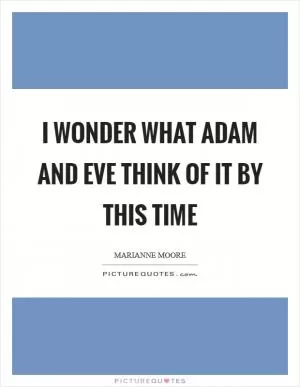
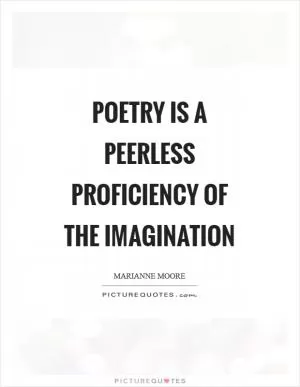
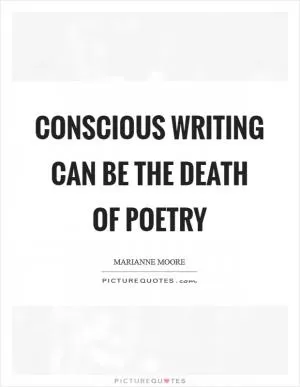






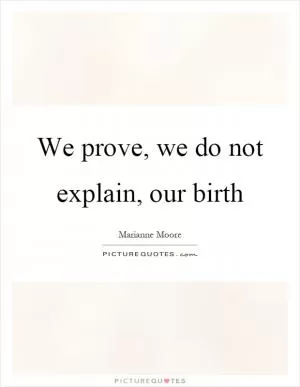
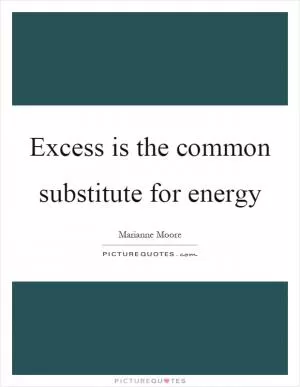

 Friendship Quotes
Friendship Quotes Love Quotes
Love Quotes Life Quotes
Life Quotes Funny Quotes
Funny Quotes Motivational Quotes
Motivational Quotes Inspirational Quotes
Inspirational Quotes